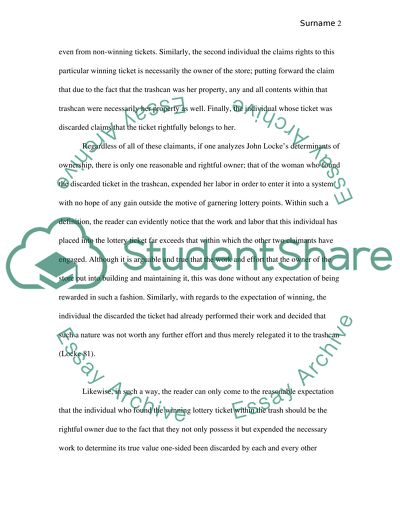John Locke's theory about Rights over Property analyzing the article Essay. Retrieved from https://studentshare.org/philosophy/1479907-john-locke-s-theory-about-rights-over-property
John Locke'S Theory about Rights over Property Analyzing the Article Essay. https://studentshare.org/philosophy/1479907-john-locke-s-theory-about-rights-over-property.


